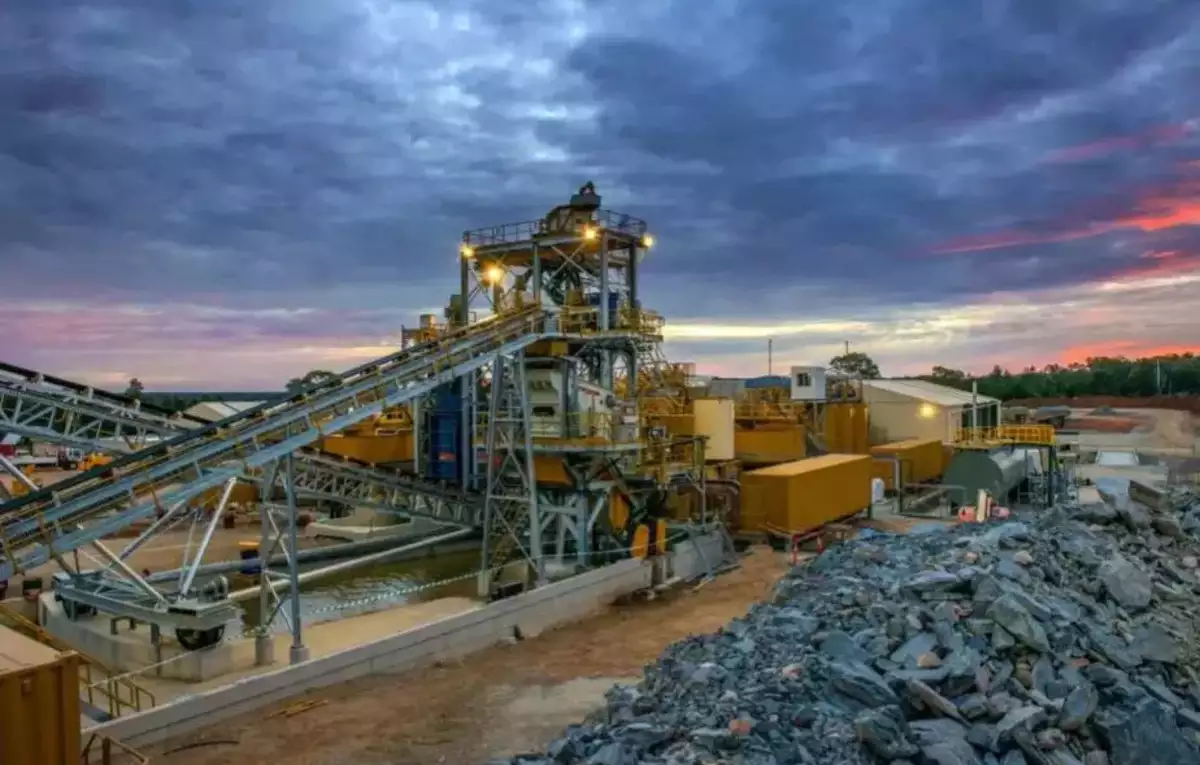
China is returning to Africa and increasing its mineral investments after COVID
Africa is the main focus of China’s flagship economic cooperation program, which is reviving after a hiatus during the worldwide pandemic, according to a Reuters examination of credit, trade, and investment data.
Chinese officials have been pointing to the record two-way commerce and billions of dollars allocated to new development projects as proof of their determination to support modernization efforts on the continent and promote “win-win” collaboration.
However, the information shows a more nuanced picture of the relationship, one that is still mostly extractive and has fallen short of some of Beijing’s hype surrounding President Xi Jinping’s plan to create an infrastructural network that connects China to the rest of the globe through the Belt and Road Initiative.
According to the Griffith Asia Institute at Griffith University in Australia, Chinese investment in Africa rose 114% in the previous year, although the majority of this investment was concentrated on minerals that are crucial to the global energy revolution and China’s efforts to boost its own struggling economy.
Trade was also dominated by those minerals and oil. Africa’s trade deficit with China has exploded while attempts to increase other imports from the continent, such as manufactured goods and agricultural products, have failed.
The primary source of funding for infrastructure in Africa, Chinese sovereign lending, is now at its lowest point in twenty years. Furthermore, public-private partnerships, or PPPs, have not yet gained traction in Africa despite being promoted by China as its new preferred investment instrument worldwide.
As a result, the connection is more one-sided than China claims it wants, dominated by raw material imports from Africa and, some observers claim, evoking the economic ties between Europe and Africa during the colonial era.
The co-founder of the China-Global South Project website and podcast, Eric Olander, remarked, “This is something late-19th century Britain would recognize.”
China disputes such claims.
China’s foreign ministry wrote to Reuters, saying, “Africa has the right, capacity, and wisdom to develop its external relations and choose its partners.”
“China’s practical support for Africa’s path of modernization in accordance with its own characteristics has been welcomed by an increasing number of African countries.”
A PIVOT FUTURE-BASED?
In the two decades prior to the COVID-19 outbreak, China’s involvement in Africa, the focal point of the Belt and Road Initiative (BRI), increased significantly. Chinese enterprises constructed railroads, ports, and hydroelectric dams all over the continent, primarily with the help of sovereign loans. A milestone of $28.4 billion in annual lending pledges was reached in 2016, according to Boston University’s Global China Initiative.
But a lot of the initiatives were unsuccessful. China stopped funding as some governments found it difficult to return their debt. After that, COVID-19 forced it inward, which led to the collapse of Chinese building projects in Africa.
All Categories
Recent Posts
Tags
+13162306000
zoneyetu@yahoo.com


